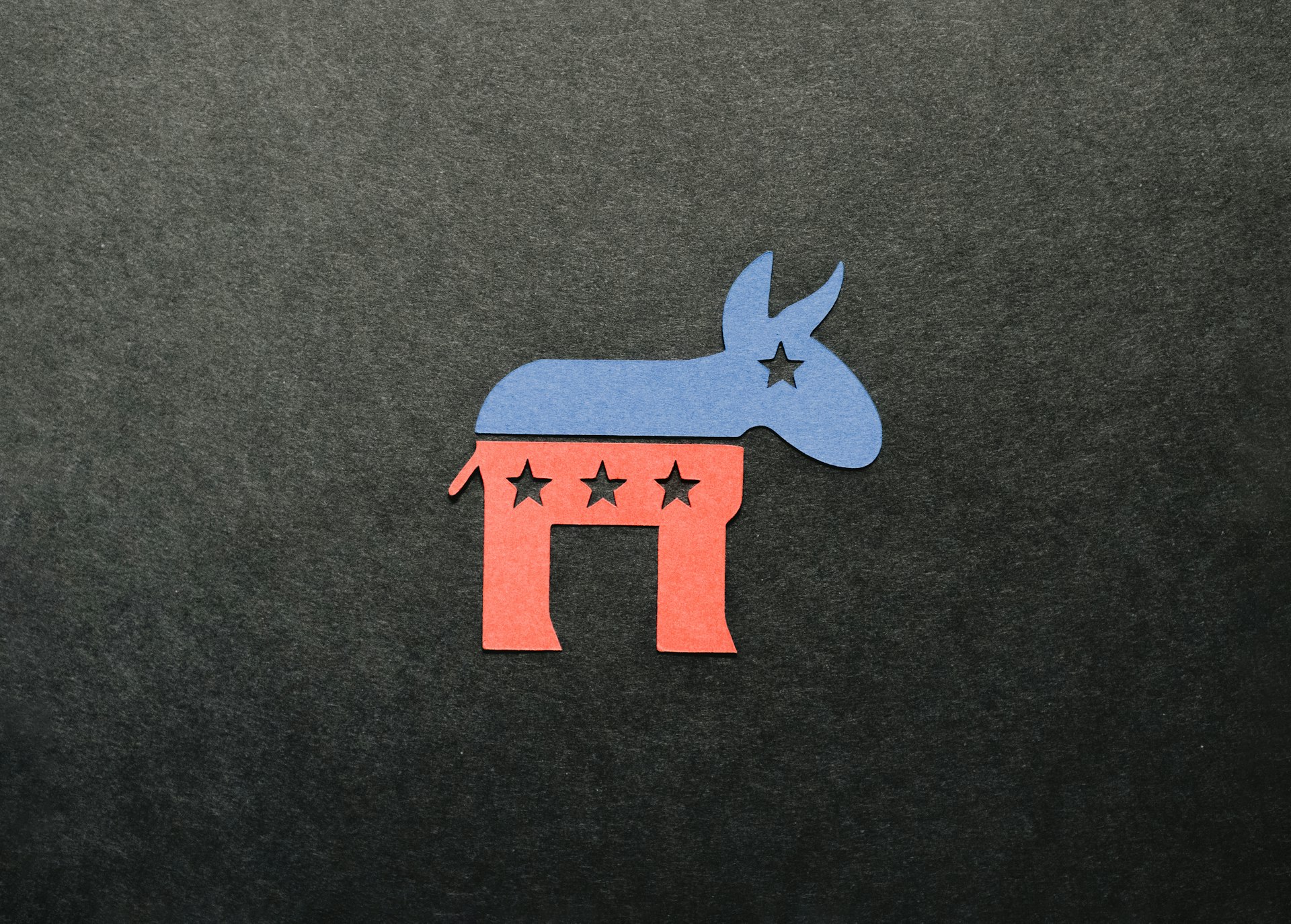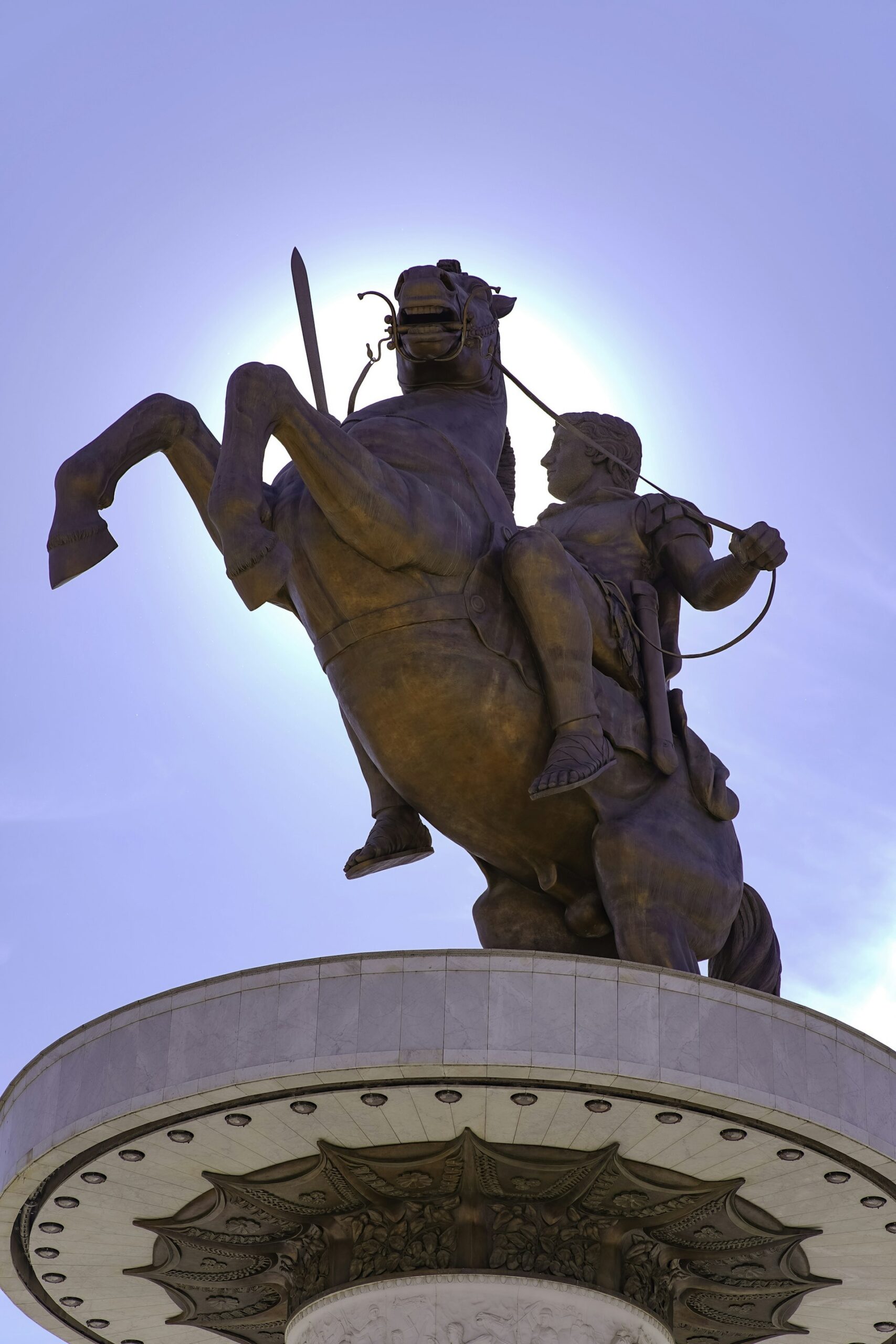How the French Revolution Shaped Modern Democracy: Lessons, Legacy, and Lasting Impact

Photo by Norbu GYACHUNG on Unsplash
Introduction: Why the French Revolution Still Matters for Democracy
The late 18th century saw seismic changes in France that reverberated far beyond its borders. The French Revolution (1789-1799) was not just a dramatic political upheaval-it was a foundational moment for the evolution of democracy, citizenship, and human rights. Its legacy continues to influence how societies conceive of governance, equality, and the rights of individuals today [1] . This article explores the Revolution’s enduring impact on democratic principles, offering practical guidance for understanding and engaging with its legacy in the modern world.
The End of Absolute Monarchy: A New Era of Popular Sovereignty
Before 1789, France was ruled by an absolutist monarchy where kings wielded unchecked power. The Revolution shattered this order, culminating in the establishment of the First French Republic in 1792 [1] . Although France’s political system fluctuated in the years that followed, with periods of empire and restored monarchy, the core idea that sovereignty belongs to the people became deeply rooted. This principle is central to modern democracy and is foundational in today’s French Republic [4] .

Photo by Norbu GYACHUNG on Unsplash
For those interested in how countries transition from monarchies to republics, you can access educational resources through libraries, universities, or platforms such as the U.S. Library of Congress by searching for “history of republicanism in France” or “French Revolution and democracy”. Many organizations also offer online courses exploring the history and impact of the French Revolution.
The Declaration of the Rights of Man and Citizen: Blueprint for Human Rights
One of the Revolution’s most significant achievements was the 1789 Declaration of the Rights of Man and of the Citizen . This groundbreaking document asserted the universal rights to liberty, property, security, and resistance to oppression, and established the principle of equality before the law [1] . These ideas became the philosophical bedrock for constitutions and legal systems worldwide, influencing similar documents such as the United States Bill of Rights and the United Nations Universal Declaration of Human Rights [3] .
To read the original text or translations of the Declaration, you can visit official archives or educational institutions. For example, the French National Archives and university history departments often provide access to these foundational documents. If you are a student or researcher, your campus library’s digital collections can be an excellent starting point.
Democratic Ideals: Liberty, Equality, Fraternity
The Revolution’s rallying cry-
Liberty, Equality, Fraternity
-has become synonymous with democratic values. These concepts continue to frame modern debates on social justice, civil rights, and the role of government. While the Revolution introduced these ideals, it is important to recognize that their application was initially limited. For instance, the rights outlined in 1789 did not extend to women, prompting activists like Olympe de Gouges to issue her own
Declaration of the Rights of Woman and of the Female Citizen
in 1791
[1]
.
Modern democracy remains a work in progress, striving to expand and protect these rights. Civic organizations, advocacy groups, and educational programs often provide opportunities to learn about and promote equality and social justice. Consider volunteering with local civil rights organizations or exploring online seminars on the evolution of democratic ideals.
Political Participation and Civic Culture: A New Public Sphere
The French Revolution transformed political participation. For the first time, large segments of the population engaged in public debate through newspapers, political clubs, and mass rallies [3] . This shift paved the way for participatory democracy, inspiring later movements across Europe and the Americas [4] . While universal suffrage was not immediately achieved, the Revolution established the precedent for citizens demanding a voice in government decisions.
To get involved in present-day democratic processes, you can:
- Register to vote through your country’s official electoral authority.
- Participate in local government meetings or public forums, often announced on municipal websites or community centers.
- Join civic groups or attend educational workshops on democratic participation.
You can find these opportunities by searching for “civic engagement programs” or “democracy workshops” in your area. Many cities and universities offer free resources and training for citizens interested in political participation.
Challenges, Contradictions, and Evolving Democracy
Although the French Revolution enshrined democratic ideals, its path was turbulent and often contradictory. The period known as the Reign of Terror (1793-1794) saw thousands executed for alleged counter-revolutionary activities, and subsequent governments oscillated between radicalism and conservatism [4] . These challenges illustrate that democracy is not a static achievement but a process subject to setbacks and revision.
Today, understanding these complexities is crucial for anyone seeking to strengthen democratic societies. You can explore these topics through reputable history courses, documentaries, or academic publications. For example, searching for “French Revolution and democratic backsliding” or “history of political violence in revolutions” in academic databases will yield comprehensive studies and analyses.
Global Influence: Inspiring Revolutions and Constitutional Change
The impact of the French Revolution extended well beyond France. Its ideals inspired independence movements and constitutional reforms worldwide, including in Haiti, Latin America, and parts of Europe [1] . The Haitian Revolution, for instance, is a powerful example of how revolutionary ideas about equality and human rights sparked successful challenges to slavery and colonialism.
If you are interested in global history or international relations, many universities and public libraries offer lectures and reading lists on the spread of revolutionary ideas. Consider joining a local or online history discussion group focused on comparative revolutions to deepen your understanding and network with others who share your interests.
Practical Steps to Engage with the Legacy of the French Revolution
To access resources, services, or learning opportunities related to the legacy of the French Revolution and its impact on democracy, you can:
- Visit your local library or use their online catalog to find books and documentaries on the subject.
- Search for online courses or video lectures on platforms affiliated with accredited universities (such as edX, Coursera, or Open Yale Courses).
- Contact history departments at local colleges or universities to inquire about public seminars and events.
- Explore the archives and educational resources of major institutions, such as the French National Archives or the United States Library of Congress, using search terms like “French Revolution impact on democracy” or “Declaration of the Rights of Man”.
- For educators, curriculum materials and lesson plans are often available through national history associations or educational consortia.
If you wish to engage directly in promoting democratic values in your community, volunteering with civic organizations, attending public lectures, and participating in local government are practical first steps. Some organizations may offer free workshops or informational sessions-check community bulletins or official government portals for announcements.
Key Takeaways
The French Revolution’s legacy is visible in the democratic institutions, legal frameworks, and civic values that shape modern societies. Its lessons-both positive and cautionary-continue to inform debates on rights, equality, and the responsibilities of citizenship. By actively seeking out educational resources, engaging in civic life, and reflecting on the complexities of the past, you can better understand and contribute to the ongoing evolution of democracy.
References
MORE FROM jobzesty.com













